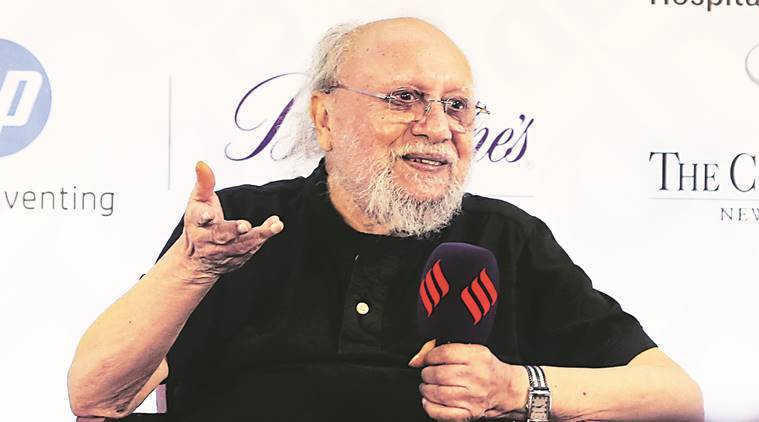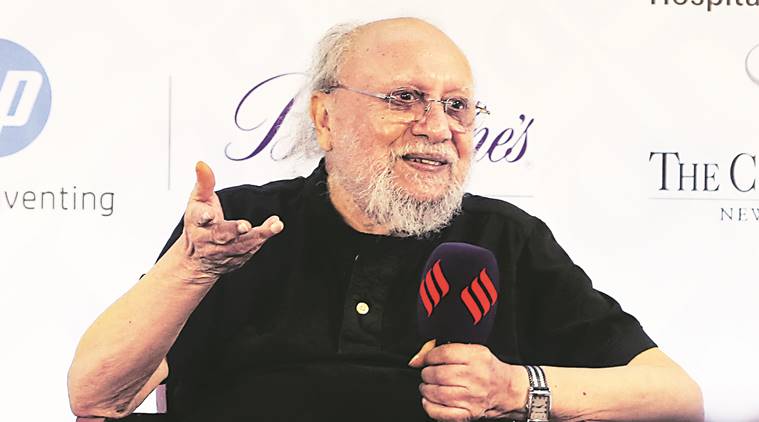
“THERE ARE many reasons for the rise of nationalism in India, but I think the primary reason is this: we have lost the right to our future. Only from robust scepticism, mutual criticism and cross criticism can we have a variety of futures to opt for, but now everybody knows that the dominant concept of the future is determined — that India has to be a powerful, developed superpower, fully armed and an absolutely conventional nation-state like that of Europe in the 20th century…our future is nothing but what is the present of today’s West.”
That was Ashis Nandy, one of the country’s leading public intellectuals in India, speaking at the Express Adda Wednesday evening (detailed transcript will be published soon).
A clinical psychologist and sociologist by training and a political psychologist, Nandy is known to bring the rigour of his disciplines to the study of Indian society, culture and politics, in areas of interests ranging from Hindutva to modernity and utopia.
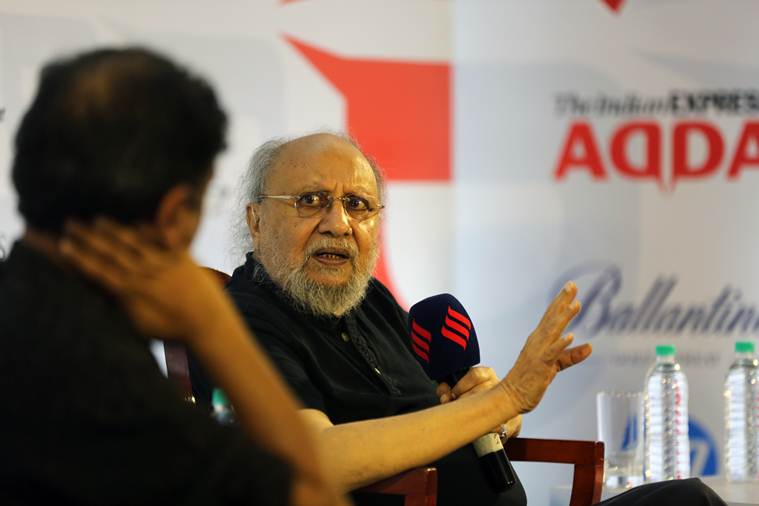
His most recent honours include the Grand Prize of the Fukuoka Asian Cultural Prizes (2007), the Sree Narayana Guru Samiti’s Dr K K Damodaran Award for lifelong work for marginalised sections (2016), and the Hans Kilian Prize (2019).
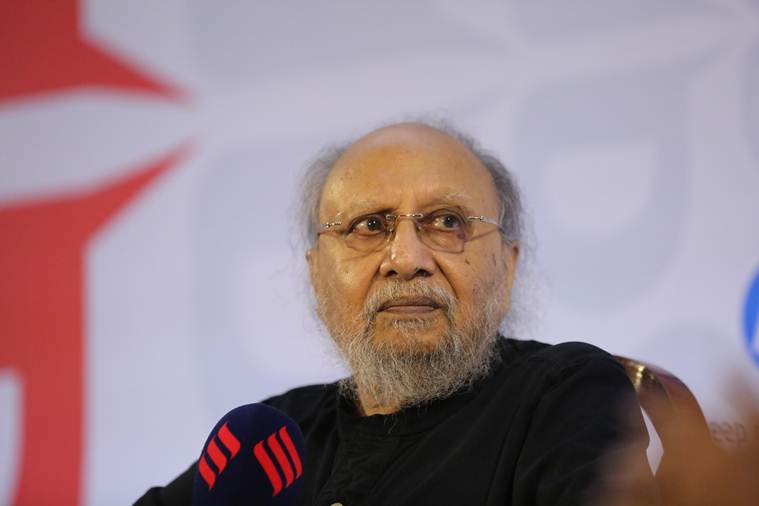
At the Express Adda, which is a series of informal interactions organised by The Indian Express Group and features those at the centre of change, Nandy fielded questions on the rise of nationalism in India, on what differentiates Hindutva from Hinduism, the nature of violence in society and his reading of personalities such as Mahatma Gandhi, Nathuram Godse and V D Savarkar.
The idea that caste could defeat Hindutva, added Nandy, needed to be reconsidered. “Many used to say so, but now it doesn’t seem like… because it is also about the community. To liberate from caste, you have to mobilise as the community, as a caste. The oppressed have to organise themselves like the Blacks did in the US, later some Whites also joined. But they had to organise themselves as a community,” said Nandy who has previously been director of the Centre for the Study of Developing Societies.
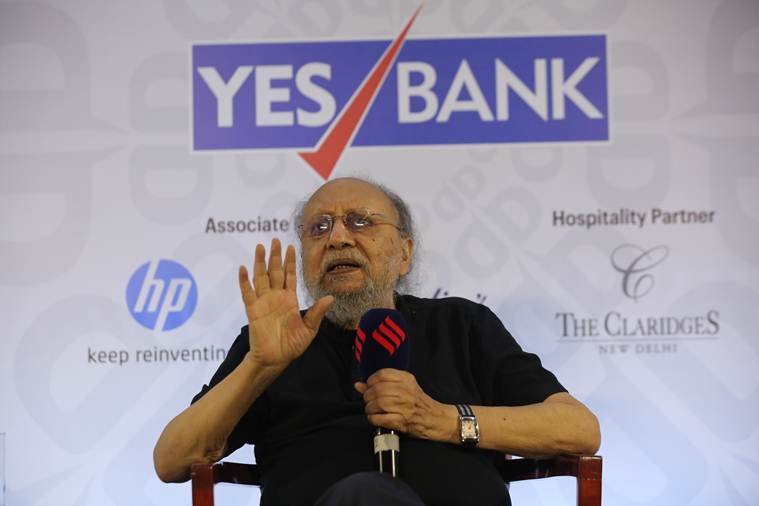
Nandy said that for India, old-fashioned patriotism was good enough. “It is by blurring old-style patriotism and love for the country, which is natural and biological, and the idea of nationalism, we have tried to strengthen nationalism,” he said. Nationalism, he added, was not only defined by love for the country, but by identifying specific enemies and allies.
From Savarkar to Godse to Gandhi, Nandy spoke expansively on the many faces of these men. On Gandhi’s enduring relevance, he said: “Be it environment, feminist or peace movements, all owe allegiance to Gandhi. I remember reading a statement, in the 1990s, by a group of global scientists, on the situation of the world and the only person they named was Gandhi.”
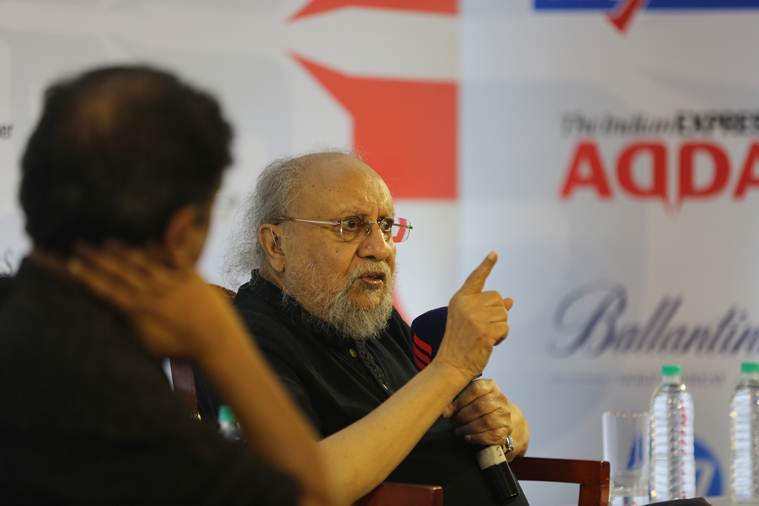
Nandy was in conversation with The Indian Express’s Vandita Mishra, National Opinion Editor, and Pratik Kanjilal, Literary Editor.
[“source=indianexpress”]



